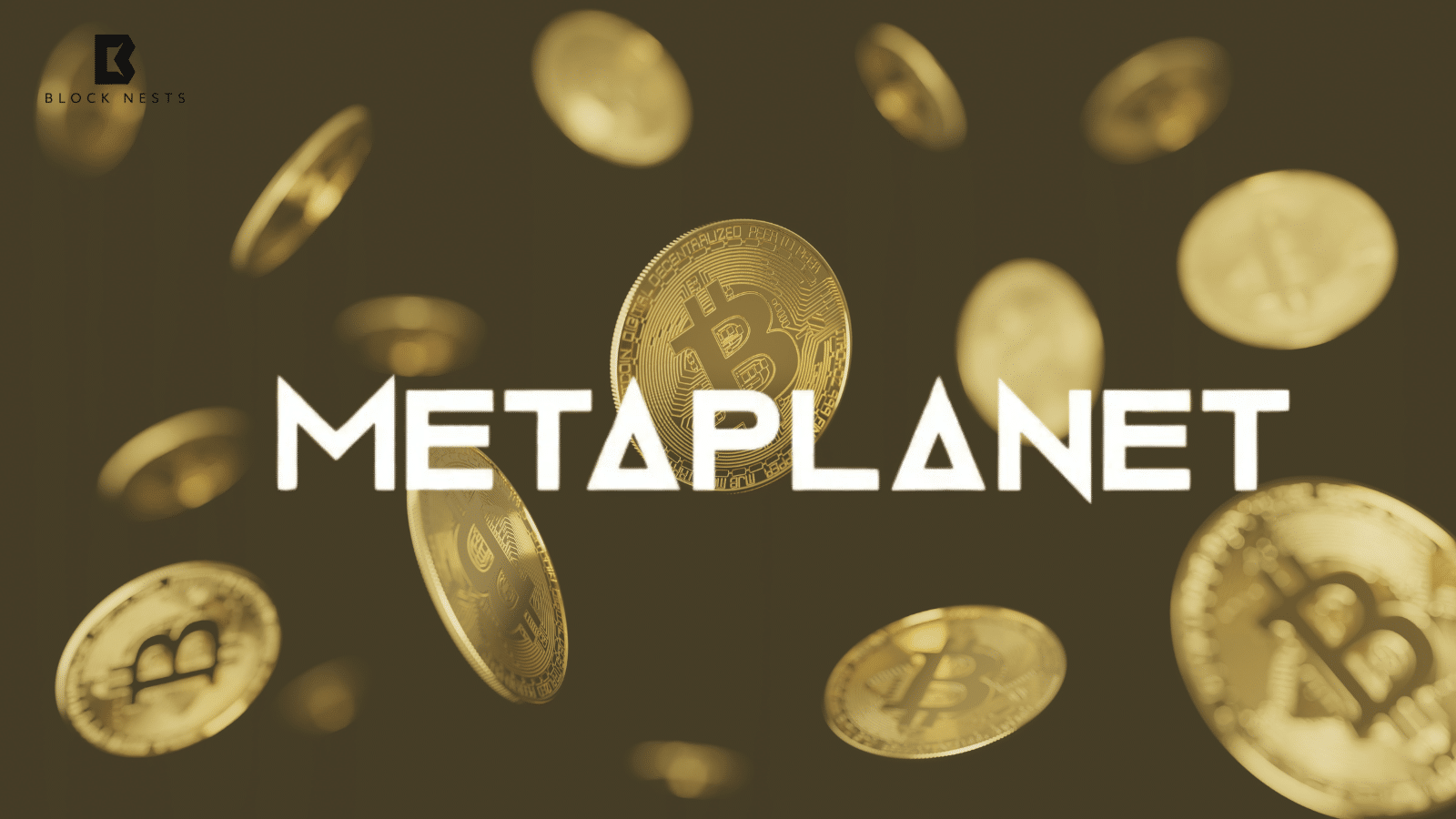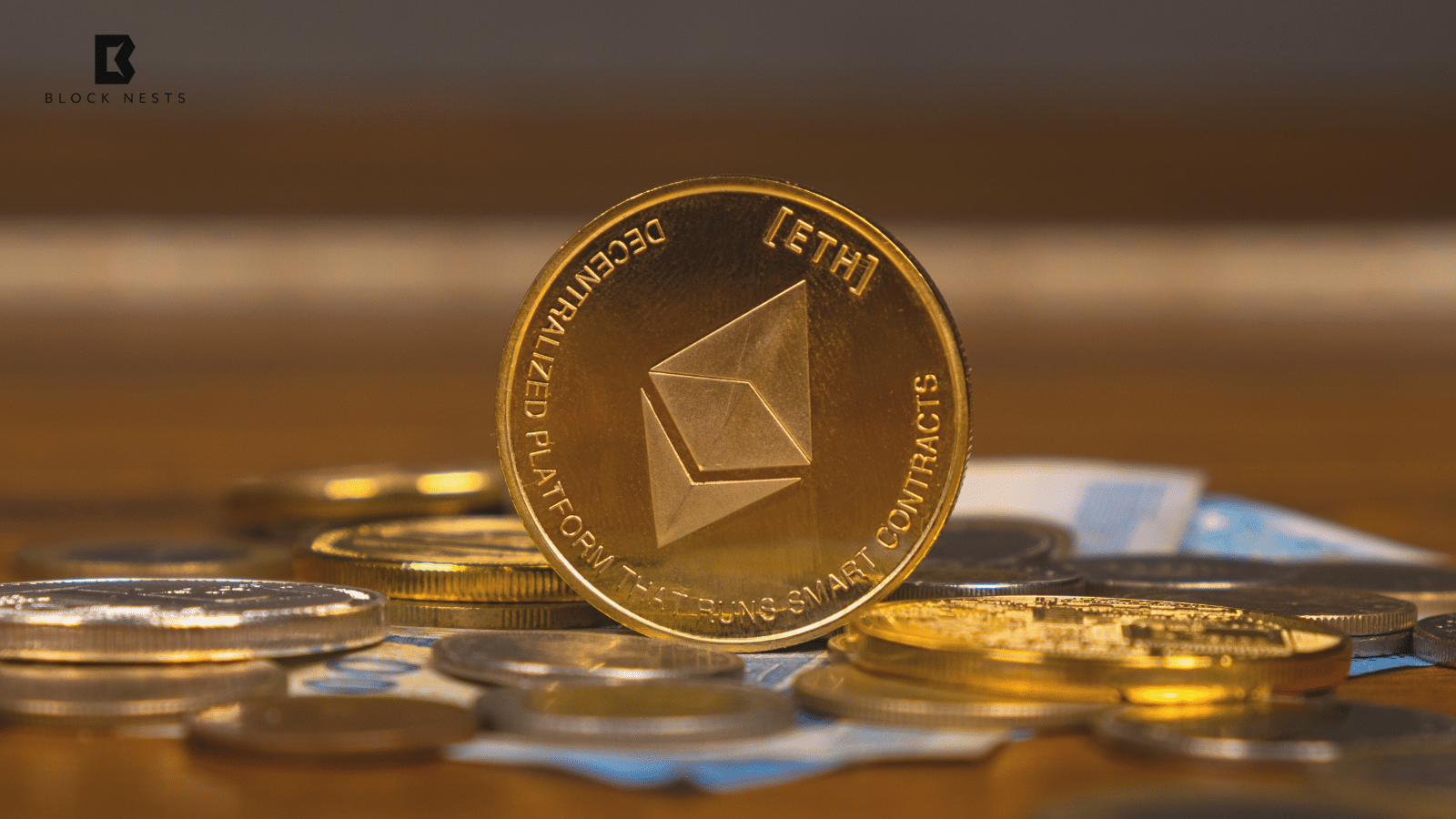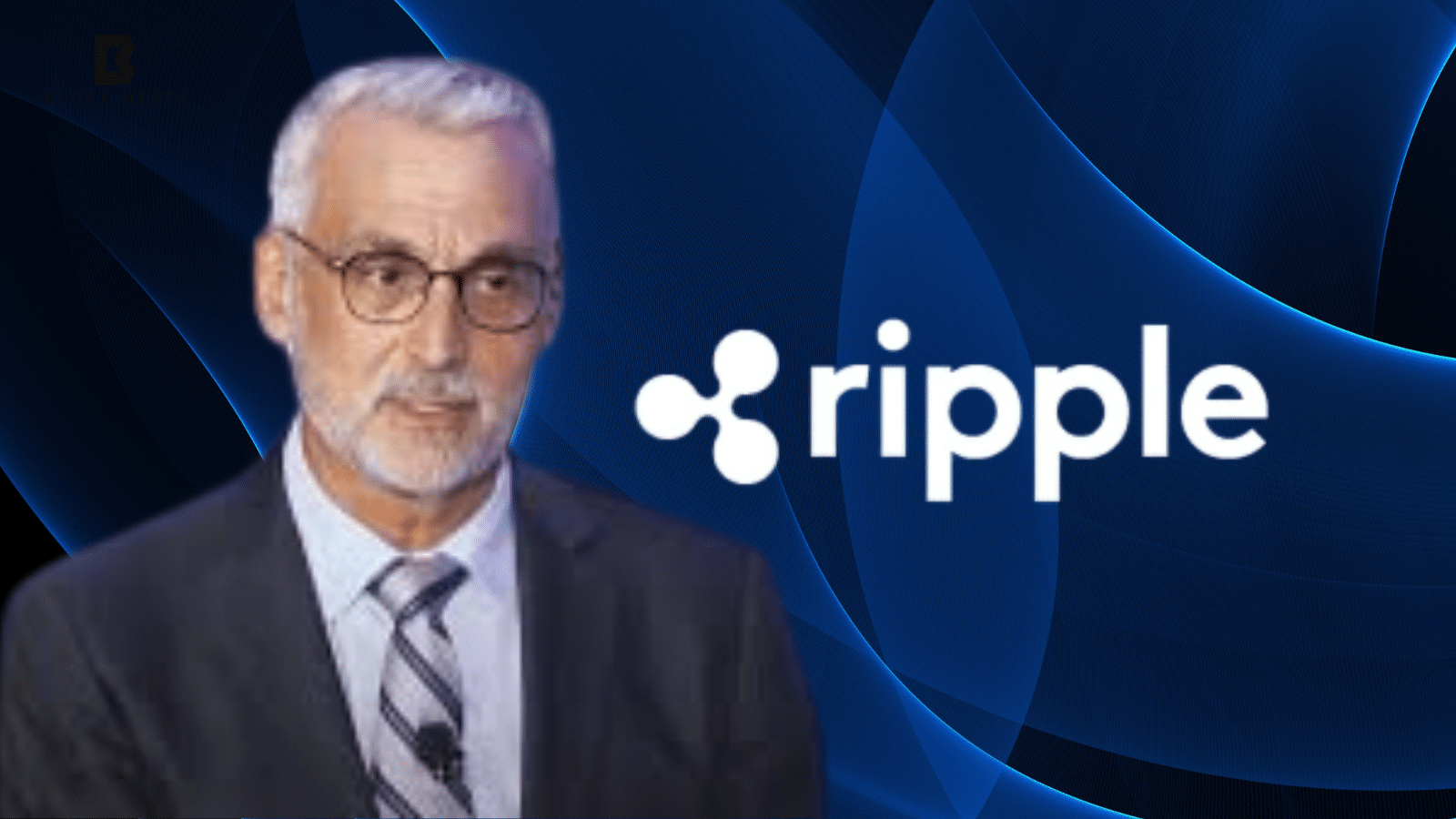- El Salvador rejects the IMF’s request to halt Bitcoin accumulation, reaffirming its commitment to BTC.
- President Bukele insists Bitcoin adoption will continue despite global pressure and past opposition.
- The country holds 6,101 BTC, valued at $534.5 million, making it a top government BTC holder.
El Salvador’s pro-Bitcoin stance remains unwavering as President Nayib Bukele firmly rejected the International Monetary Fund’s (IMF) latest request to halt Bitcoin purchases. Bukele made it clear that his government has no intention of complying with the IMF’s demands, reinforcing the country’s commitment to its BTC strategy.
On March 3, the IMF issued a new request under its $1.4 billion fund facility, urging El Salvador’s public sector to cease voluntary Bitcoin accumulation. The global financial institution also recommended that the country discontinue BTC mining and refrain from issuing debt or tokenized instruments linked to the cryptocurrency.
Despite the IMF’s concerns, Bukele responded with a resounding rejection. “No, it’s not stopping,” he stated, emphasizing El Salvador’s resilience. “If it didn’t stop when the world ostracized us and most ‘bitcoiners’ abandoned us, it won’t stop now, and it won’t stop in the future.”
“This all stops in April.” “This all stops in June.” “This all stops in December.”
— Nayib Bukele (@nayibbukele) March 4, 2025
No, it’s not stopping.
If it didn’t stop when the world ostracized us and most “bitcoiners” abandoned us, it won’t stop now, and it won’t stop in the future.
Proof of work > proof of whining https://t.co/9pC0PoY3YQ
True to Bukele’s words, El Salvador continued its policy of purchasing at least one Bitcoin per day, reinforcing its long-term belief in BTC’s value as part of its treasury strategy. According to data from The National Bitcoin Office of El Salvador, the Central American nation currently holds 6,101 BTC, valued at approximately $534.5 million, placing it among the top six government BTC holders worldwide.
El Salvador’s pro-Bitcoin policies have been a point of contention since September 2021, when it became the first country to recognize Bitcoin as legal tender. However, in January 2025, the government refined its stance by making BTC acceptance voluntary for private businesses.
El Salvador Faces IMF Challenge on Bitcoin
While Bukele remains firm on Bitcoin accumulation, it is unclear whether his administration will comply with other aspects of the IMF’s request, such as halting BTC mining operations or revising public sector financial strategies. El Salvador’s National Bitcoin Office has yet to respond to inquiries regarding the government’s next steps.
The IMF’s pressure comes as El Salvador navigates its $1.4 billion funding arrangement, which was secured in December 2024. The deal required the country to scale back its BTC initiatives, including making BTC payments voluntary and mandating tax payments in U.S. dollars.
Despite international scrutiny, Bukele’s government remains steadfast in its Bitcoin-first approach. The nation continues to leverage BTC for financial inclusion, tourism, and investment opportunities. With Bitcoin’s price volatility and global adoption trends in play, the world watches closely as El Salvador challenges traditional financial institutions to pursue a Bitcoin-powered economy.
Will Bukele’s unwavering stance pay off, or will mounting pressure force El Salvador to reconsider its BTC ambitions? Only time will tell.
Related | Bitcoin Miner MARA Holdings Eyes AI Boom After Crushing Q4 Estimates
How would you rate your experience?






